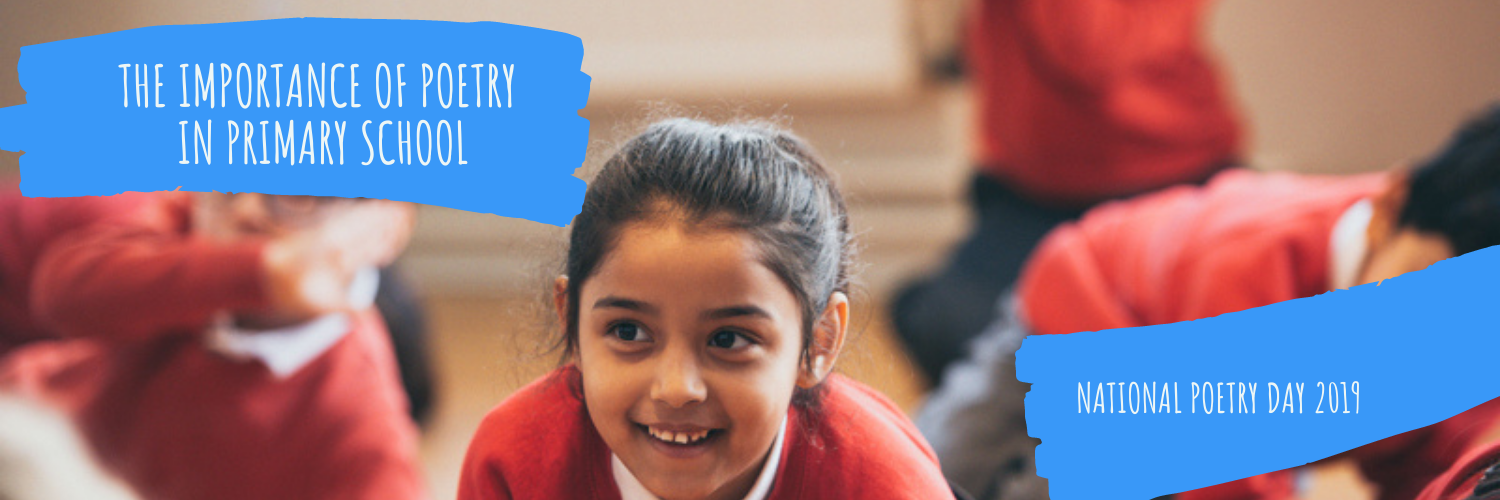The Importance of Poetry in Primary Schools
It seems apt that on National Poetry Day we should celebrate everything that is wonderful about exploring poetry in primary school!
Poetry is language set free
When a child opens a poetry book and looks at the pages, what do they see? Rarely do they see uniformity. They see words and letters making all different shapes across a page. Some short, some long. Some with rhyme and some without. Some poems even become an illustration of what they are describing.
Within poetry lies a world of possibilities, there is no single correct way to create a poem. This can be a great way to increase children’s confidence in their own writing. The binary of right and wrong doesn’t seem to exist in poetry and that freedom can be a wonderful opportunity to encourage children’s own writing.
Poetry can be used across the curriculum
Poems tell a story, a story rooted in the moment they were conceived. Throughout history people have used poetry to share their experiences, both good and bad, and to paint a picture of the day. Take poets like Wilfred Owen or Siegfried Sassoon - we look to their poems to get a real picture of WW1. Their poetry paints a picture, in language, tone and rhythm, of the treacherous reality they were facing. We have used extracts from WW1 poetry in our Poetry and Poppies workshop because not only can poetry be expressive and artistic, it can also be a valuable historical resource.
Poetry can also trace the evolution of language. There is as much value in a Shakespearian sonnet as in Akala’s rap-poetry. They give us a snapshot of the language and topics of the time. It is an excellent cross curricula resource, it can bring topics, from history to science to geography, to life.
Poetry can be a way into reading
Poetry can be a brilliant route to reading for both new or reluctant readers. Typically shorter than prose, it can look like a less intimidating page of text when children are starting to read. Also, rhyme and repetition are excellent ways for young learners to develop an awareness of language, phonic patterns and rhythms.
Poetry is a creative outlet
Wordplay, rhythm and nonsense vocabulary are wonderful poetic features. Poetry allows you to play with language and sentence structure. This creativity teaches children to experiment with language and to find new ways to communicate.
The use of rhythm, rhyme and repetition also brilliant for speaking aloud. A poetry lesson can be an excellent gateway into spoken english, drama, music and dance. We have both dance and drama workshops inspired by children’s poems for this very reason.
So it can be used in any lesson, can improve reading and writing, is an excellent creative outlet, and above all else it’s fun!
Are you ready to have a go? Download our poem below and fill in the blanks. We’d love to see what you and your class can come up with!
-Katie






